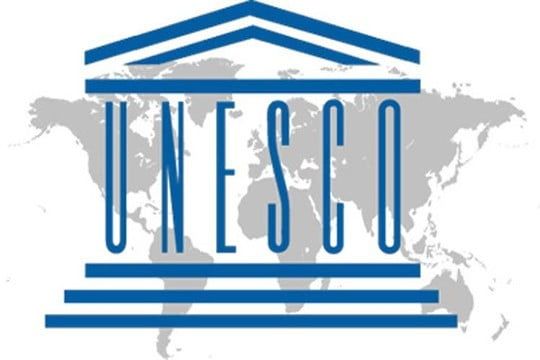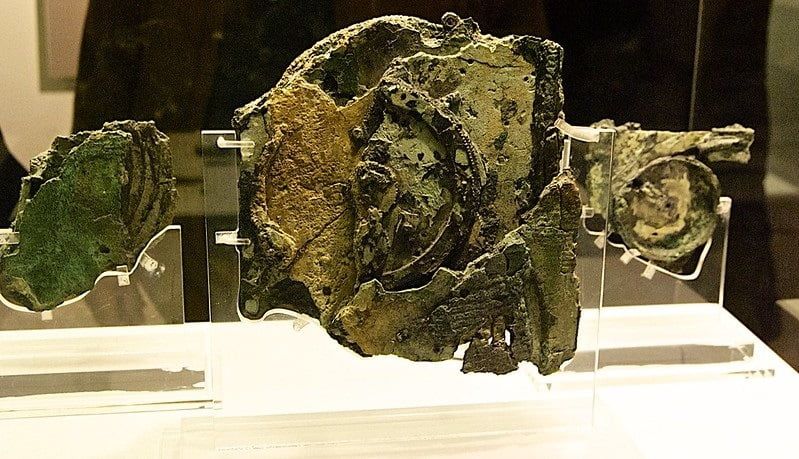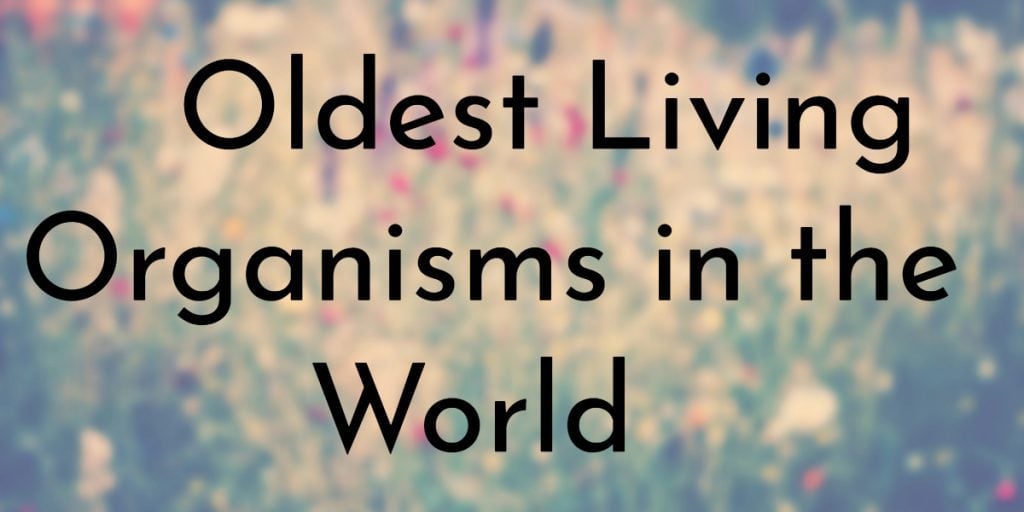UNESCO, or the United Nations Educational, Scientific and Cultural Organisation, is an agency of the United Nations dedicated to the development and maintenance of world peace by working in the field of education, science, and culture. So, why was UNESCO established? What UNESCO do? What purpose does it serve? Below is everything about UNESCO explained. You’ll also find the list of all UNESCO objectives and functions along with what is the role of UNESCO in maintaining world peace.
History of UNESCO Explained
The history of UNESCO dates back to when World War II was going on after the League of Nations was informally dissolved. The European countries had a Conference of Allied Ministers of Education in 1942 following which, they proposed the idea of an organization dedicated to education and culture, in the UN, in 1945.
Thus, on 16th November 1945, the foundation of UNESCO was laid and on 4th November 1946, the United Nations Educational, Scientific, & Cultural Organization (UNESCO) was formed and came into force officially. Read to know what UNESCO does and why was UNESCO established.
What UNESCO Do?
UNESCO’s main focus areas are education, social and human sciences, natural sciences, culture, and communication or information. UNESCO works to improve literacy, give technical training, provide education in advanced sciences, protect freedom of expression, regional and cultural heritage and history and promote cultural diversity.
Where is the UNESCO headquarters located?
The headquarters of UNESCO is located in Paris, France known as the World Heritage Centre. Other than that, it has 50 more field offices located all around the world. There are 193 UNESCO members and 11 associate members.
Why was UNESCO established?
While UNESCO was established with the goal to preserve cultural diversity and heritage, its areas of concern have broadened with the passage of time, which is what is the role of UNESCO. Below is the list of UNESCO objectives and functions:
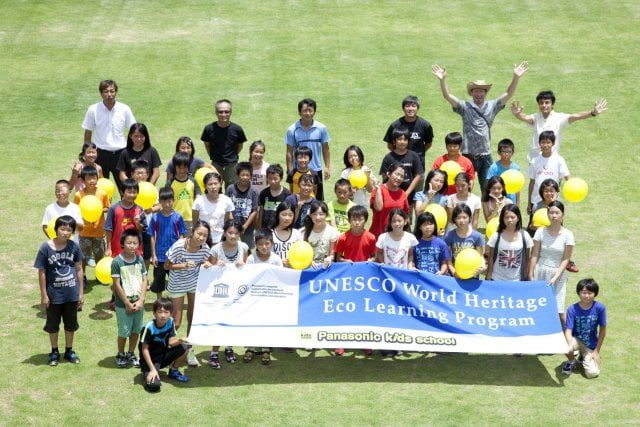
Unesco Objectives And Functions – What Is The Role Of UNESCO?
UNESCO Objectives
- UNESCO focuses on providing quality education to everyone irrespective of any discrimination and a chance for lifelong learning.
- It aims at promoting among people, scientific knowledge and other policies of sustainable development.
- UNESCO addresses the old and new emerging challenges pertaining to social or ethical issues.
- It encourages the idea of cultural diversity and peace by means of intercultural dialogue.
- UNESCO’s main objective is to create a society that has a broad mind and accepts differences, via information and communication.
- UNESCO also focuses on priority areas of the globe, like Africa and gender discrimination.
UNESCO Functions
- UNESCO’s vision to build a knowledgeable society is achieved by its belief that education can transform lives. It is the only UN body dedicated primarily to education and imparting general awareness about certain important social issues.
- Fostering the creative and cultural heritage of the individual geological areas is a must to achieve sustainable development. This is another key area where UNESCO actively works so that the world stays together and grows together while staying true to their individuality.
- UNESCO works extensively on the promotion of science in society. It believes that if science and technology can reach everyone, it can improve the quality of one’s life very significantly.
- Apart from theoretical science, UNESCO’s functions also boost awareness regarding social and human sciences for long-lasting world peace and development.
- UNESCO religiously encourages freedom of expression. And hence, it works for the expansion of ideas for free speech and the right to express oneself.
Also Read- United Nations – Origin, History, Achievements And Failures Of United Nations
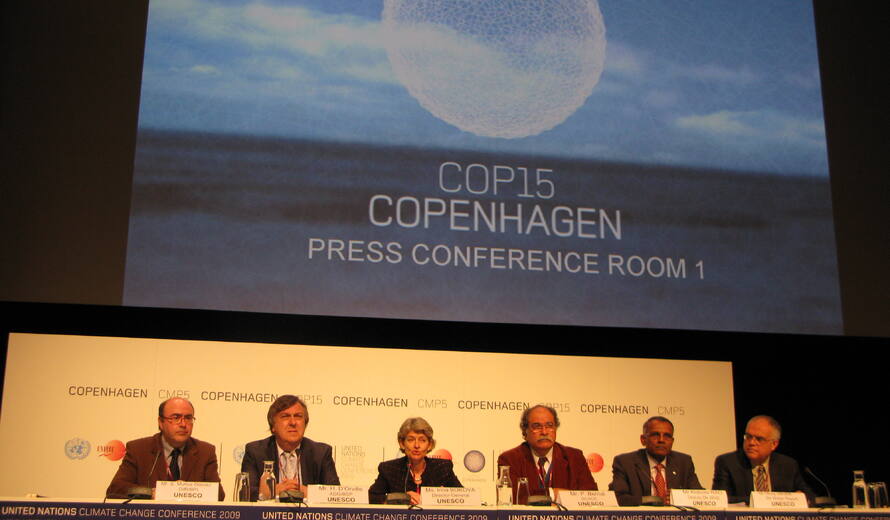
Initiatives of UNESCO
Some of the notable initiatives taken by UNESCO are:
- The World Heritage Convention of 1962 lays a foundation for all the participating states to integrate cultural and natural heritage protection programs with regional initiatives.
- It has recognized 1154 World Heritage Sites situated in 167 different countries and uses World Heritage Funds for its protection and renovation.
- It set up the World Network of Biosphere Reserves which is an intergovernmental scientific program aiming to enhance the relationship between man and the environment scientifically.
- A group of geoscientists to work on the future of our planet is built by UNESCO, known as the International Geoscience Programme (IGCP) which also consists of UGGp (UNESCO Global Geoparks), a chain of laboratories.
- Water-based research and growing concerns for water resources have given way to IHP (International Hydrological Program) and WWAP (World Water Assessment Program).
- International Basic Sciences Program is established to reinforce cooperation among governments regarding the strengthening of basic science education resources.
Also Read- The Country’s Pride: 40 UNESCO World Heritage Sites In India
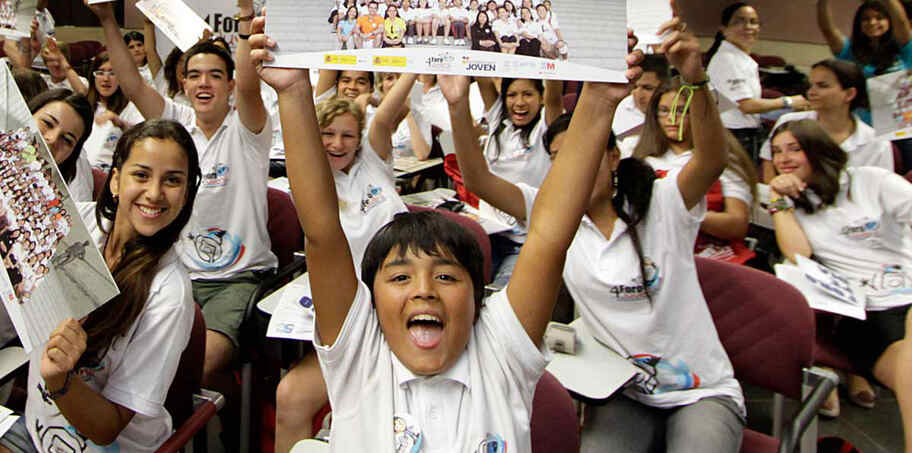
Contributions of UNESCO Explained
Contributions Of UNESCO To Education
UNESCO has worked in the field of education in order to enhance the economic and social development of the world.
- Education for all: It aims for the expansion of primary education and early childhood care, a rise in adult literacy, and set a world standard in reading and math.
- United Nations Girls’ Education Initiative (UNGEI): UNESCO aims at gender equality when it comes to education, through this program.
- EDUCAIDS: It is a UNESCO program aimed at providing education and awareness regarding HIV and AIDS.
Contributions Of UNESCO To Culture
The cultural sector of UNESCO aims at protecting and managing all forms of heritage by all means.
- World Heritage Site Program: UNESCO has declared certain benefits to be given to declared heritage sites so that they can be preserved for a long time.
- UNESCO Creative Cities Network (UCCN): It is a project by UNESCO to promote creative factors among cities and help their urban development.
- Proclamation of Masterpieces of the Oral and Intangible Heritage of Humanity: It is made to raise awareness among local communities regarding intangible cultural heritage and urge them to sustain and protect it.
Conclusion
That was everything about UNESCO explained for you to know about the organisation as a whole and its objectives and functions. UNESCO still has a long way to go in achieving its main goals but as we have come this far, we hope to see the development of countries in education and scientific fields gradually.
For more related articles, Visit Discover










